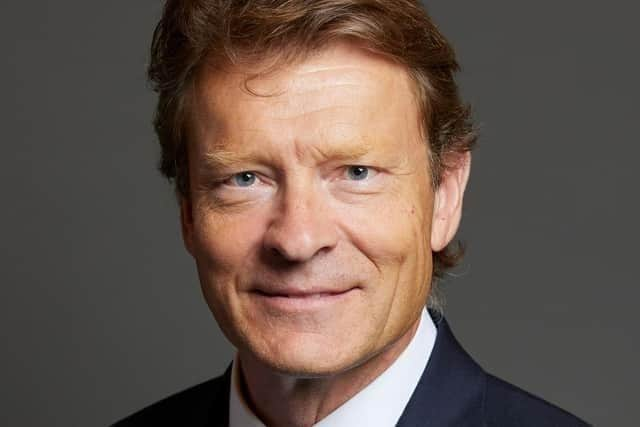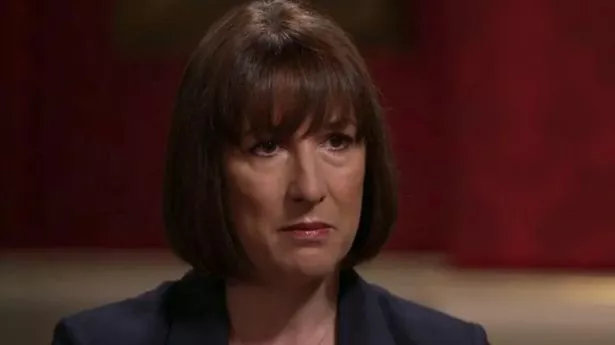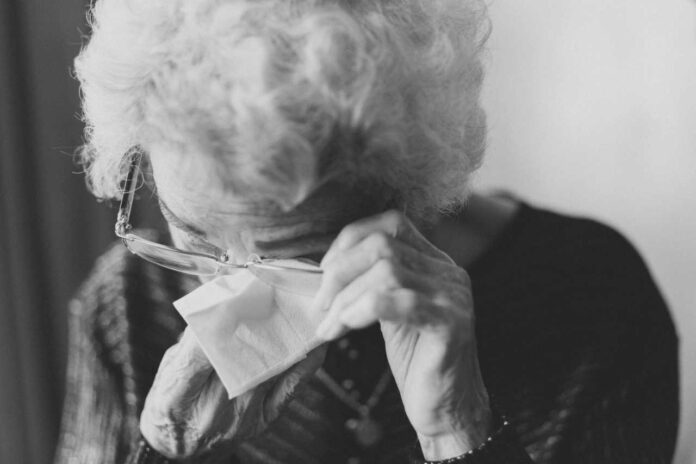Elena Bobkova, an ex-Russian lawyer and now author who left the harsh reality of Russia and moved to Australia and then to the USA reveals all in her new book.
The author who took the brave step to leave Russia and head to pastures new has written a book to explain her struggles. The book looks at what life was like in Russia and how she left Russia to move to Australia for a new and better life.
There are more than 145,934,462 people live in Russia. According to Rosstat federal statistics agency, they estimated 377,000 Russians left the country in 2017. However, according to The U.S. Department of Homeland Security, six times more Russians arrived in 2017 than Rosstat recorded. Elena Bobkova paints a true picture of what life was like living in Russia, which may explain why so many people are moving to the UK, and to the USA for a new life.
I sat down with Elena Bobkova to learn more about her life and her book Russian Lawyer, Australian Immigrant: A Moscow Mom’s Everyday Struggle for A Better Life.
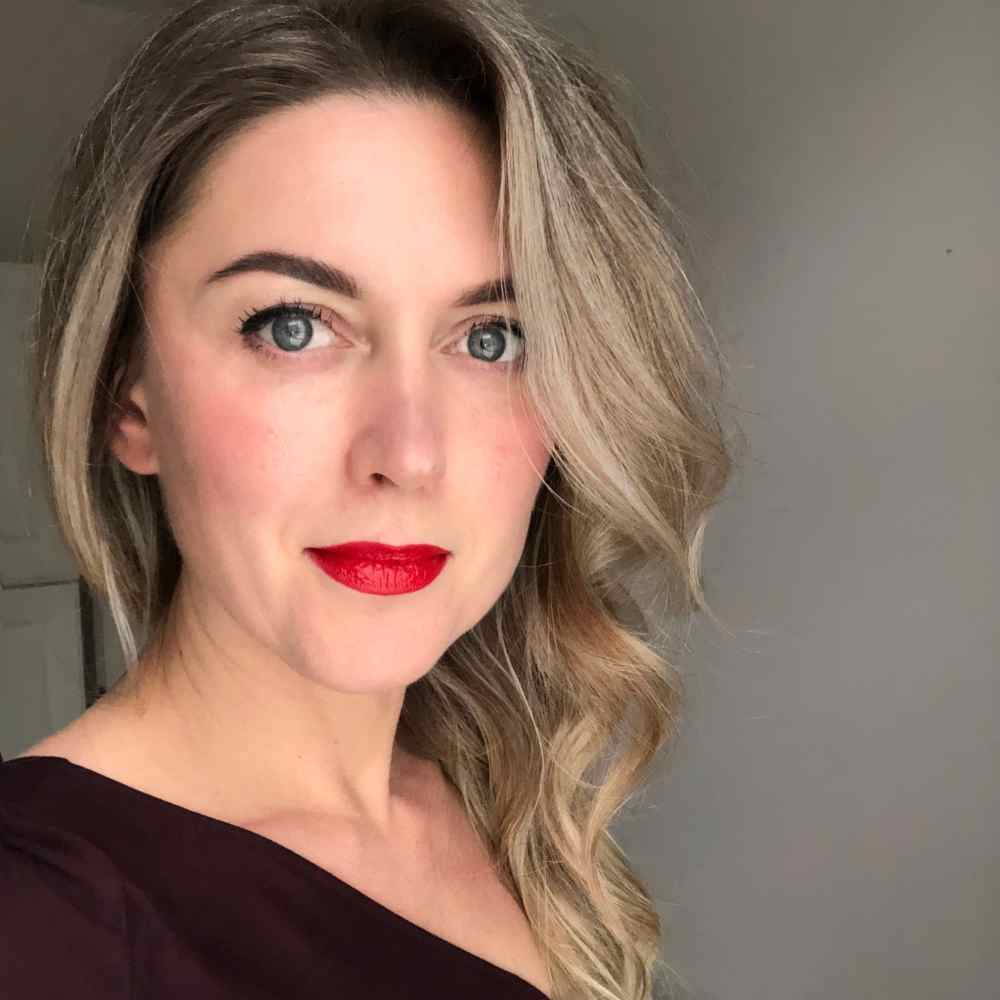
- Why have you decided now is the time to write about your life in Russia? As soon as I continue to open the new world of English language and all the exciting details of etymology of words, similarity of idioms with Russian language, I was eager to translate my books to English. The only problem was to find a translator who will have English as native language and could keep my style of writing. I’ve tried so many translators and 3 years later I found one who was not only clicked as a soul mate but also was willing to go through re-editing through so many details of Russian traditions, idioms and superstitions to make it understandable and still funny for readers.
- Your new book which is available on Amazon is called Russian Lawyer, Australian Immigrant: A Moscow Mom’s Everyday Struggle for A Better Life, what is the book about? The book is about one and a half years of my life in Moscow, Russia. The time when we decided to move to another country. It also looks at why we did it and how hard it was to apply for the skilled migration visa. A big part in this book is about my son, he was 3 years old back then, so there are a lot of funny parenting moments.
- We hear so many stories about Russia and how some Russian people believe freedom of speech is a luxury they don’t have; can you paint a picture of the real Russia? Unfortunately, it’s true. It was quite bad when we decided to leave the country and now it has become even worse.
- So, what was it like growing up in Russia? There are a lot of things that surprised my colleagues which I never thought would be even interesting. I’m from Siberia, so my childhood is very different from those people who grew up at the same time in Moscow. The first time I saw and heard Western music or Hollywood movies was in 1990. But at the same time, I was really lucky to study in the Law School in Russia in 1993-1999. the only time when it was no censorship in the country, and we study the real law and history.
- You were a lawyer in Russia, what made you decide to go down that career path? I grew up on the local airfield and wanted to be an astronaut or test pilot. But when I was 12 years old, I was told that “girls are not accepted to any colleges” you can be an astronaut (cosmonaut) in those times only though the army. I did not want to go into the army. So, I decided to go to law school and defend my rights to be an astronaut. Down the road, I became a corporate lawyer and was defending in the court companies and businesses from the government (yes, it’s actually used to happen in Siberia, when you can go to court and win the case against government).
- In the USA and the UK and most other countries around the world, people appearing in court can get fair justice, but many have said that some Russian lawyers are frustrated that does not happen in Russia.? Unfortunately, it’s true. My mum works as a lawyer in Russia and from her I know that now it’s the common situation when you cannot get a fair trial. Back then I was in Russia, it was mostly true for Moscow and for businesses, if a corrupted official wants to have your business or put you in jail – there is pretty much nothing you can do. I admire people who stay in the country and fight for their rights risking their lives.
- You left Russia and moved to Australia, why did you decide to do that? We decided to leave because at some point it became clear that you are on your own, helpless, unprotected by law or by police (from police actually) and all social institutes including medical and education system became corrupted and censored. You can turn the TV off, but you cannot leave without proper medical or education system especially if you have kids. At the same time, the climate in Australia was so appealing.
- How hard was it for you to settle into a new life in Australia? Considering that I couldn’t speak and understand English and thought I’d have a full “reset” with my career and spent one month in hospital upon arrival it was… easy comparing to the settling in Moscow after relocation from Siberia. I was shocked how nice and friendly all the people were and the medical system with free translation services and friendly empathic people. It was shockingly different experience after Russia! I felt in love with Australia from first days and it’s still in my heart as my second homeland – just more warming and accepting.
- Can you explain how different you found life in Australia compared to Russia? The first thing that come into my mind and don’t take me as the most boring person – it’s taxes! Taxes in Australia is high, but you gladly pay it because you see where all money goes. We traveled a lot across the whole Australia, and it was strange to see nice roads in villages or in the countryside – far away from the city. When I started working as an auditor I was impressed with the reasonable rules towards small businesses, no bureaucracy, no corruption. I absolutely loved the Australian multiculturism: authentic Indian, Chinese, Japanese restaurants, different national community at school – we didn’t have that in Russia.
10. Although your book covers serious topics, you have written it in a humorous way, why did you decide to do that? I guess, I didn’t decide it – it is just my style. I like to make people laugh and I believe that my purpose in life is to motivate and inspire people. If I see comments or reviews where readers are saying that they were laughing on every page – this where I feel that I achieved my goal.
11. In your new book you talk about the struggles that you faced, can you share with me a couple of the topics that you cover? The biggest struggle I’d say is the stress and pressure. You live in the survival mode all the time. If you have a full-time job (I was also a business partner in the consulting company), you have a small child and spend 4-5 hours in traffic each day – there is no energy for anything else. When we decided to move to Australia, we were well aware about that. The hardest part was to pass the English test (IELTS).
12. What was the best thing about being a lawyer in Russia, and what was the hardest? The best thing that I liked about my job in the last year – our consulting company was working for non-profit organizations and this was rewarding. You feel you are helping people and making work a better place. I had a dream to help as many non-profits as we could by organizing educational seminars for lawyers and accountants. Once we had more than 500 attendees on our seminar, I was the coordinator and one of the speakers – it was such an incredible energy when you speak in front of all these peopl
The hardest thing is to not being able to help or to do anything because of a corrupted system. You know the legislation and you are doing everything right, but it doesn’t change the result. It’s hard to see where the best intention of people, great businesses are being ruined by not only absence of government support but also endless obstacles.
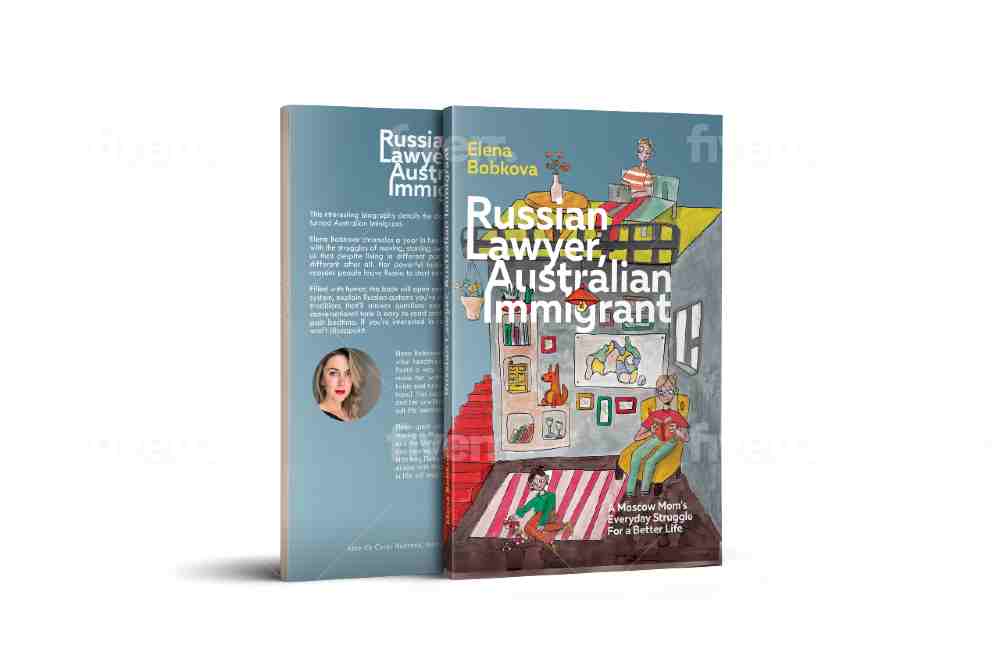
13. Do you believe we see the rea Russia on TV? Depends on the news channel. There is a lot of censorship in Russia and affiliated by Russian government tv channels. But for example, the BBC and German channels are doing great work to highlight the real news from Russia. Most of uncensored news from Russia now is on Twitter or YouTube.
14. In your book you talk about why people leave Russia for a new life; can you see a time where those people who have left Russia would like to return? I’m trying to be optimistic here, but it became harder and harder. I guess if people who left will see that there is the fair election and true democracy – they will seriously consider returning. But there are so many people who are making the same choice as we are – to leave and start new life abroad.
15. You cover an important topic in your book, and that is how the Russian legal system has many flaws, did it surprise you how different the Australian legal system was to Russia? I was surprised that it was light and not fall as a heavy burden on the businesses. Now, working in America and in with a UK company, I am more impressed how people can influence the legislation system. How it’s open and transparent and all comments or improvements are welcome from anyone. People do not read the primary source of legislative acts because it’s boring, wordy and complicated, for me it’s like an interesting and exciting novel.
16. You left Australia and moved to The United States, why did you do that? My husband always wanted to live in the US. Australia is a beautiful country, but it’s crazy expensive. Especially real estate. We had this idea and my husband’s company where he worked offered him a transfer to USA. I started to work with a company in the UK after relocation and I feel like I know the British culture much better than US. I love the US and happy we moved here. I hope we will have a chance to explore it after the coronavirus and we can travel again.
17. What would it take you to return to Russia? I’m the person of the world, but I don’t think I’ll have enough motivation to return to Russia. My son, Mike (the half of the book is about him) grew up in Australia. He is 16 years old now and he considers himself as an Australian. it would be harder for him to live in Russia. He has a dream to become a NASA engineer and he is doing great at school going through all advanced classes with high marks. He speaks Russian, English and Spanish, so, I guess, we are staying in the US.
18. So now you have left Russia and moved to the USA, what job are you doing now? I was hired as a quality engineer in a British company – BGB Group. We are making slip ring for wind turbine (renewable energy sector). I was promoted almost at the beginning and now I’m working as a QHSE (Quality Health, Safety and Environment) Manager. Don’t be surprised by the name of the position – “engineer”, I’m doing the same job as I did in Russia and in Australia. It’s certification and compliance. I also manage the department which manly resides in Grantham, Lincolnshire. I love my job and have been with BGB for 4 years already, leaving sometimes by UK time, listening to UK news and reading UK legislation. It’s another discovery that I made – how the mentality of two English speaking countries could be so different! Before, I thought, that only language could create barriers, but even with the same language it still a lot of differences and this is really interesting to explore it.
To Check out the new book, please click here
